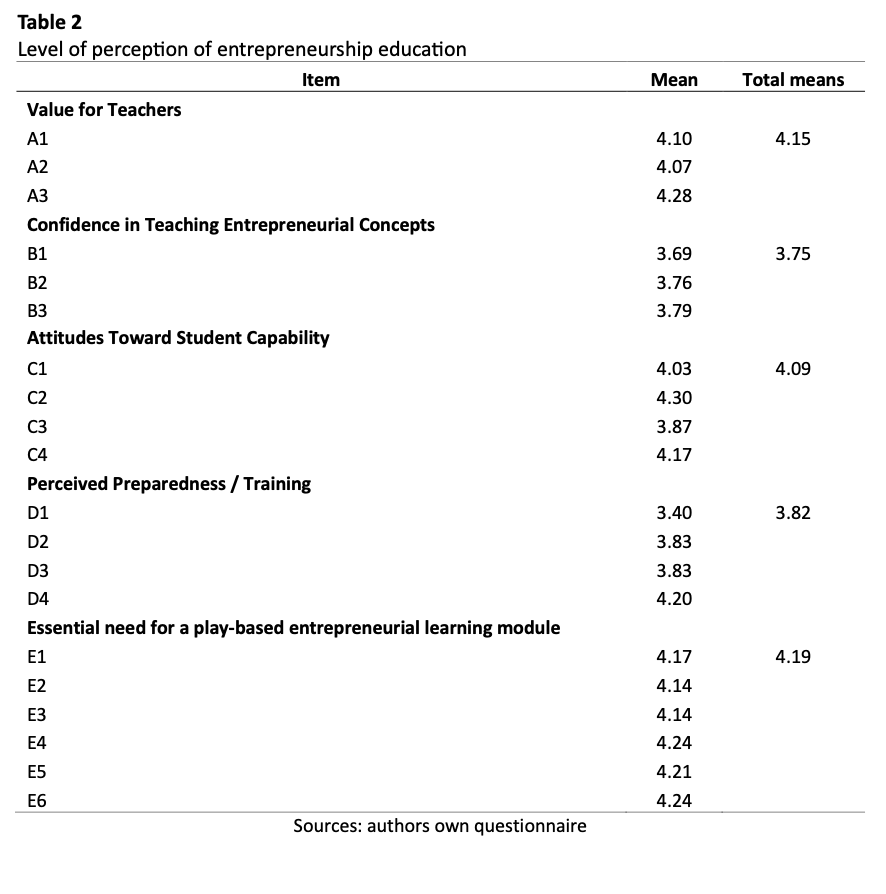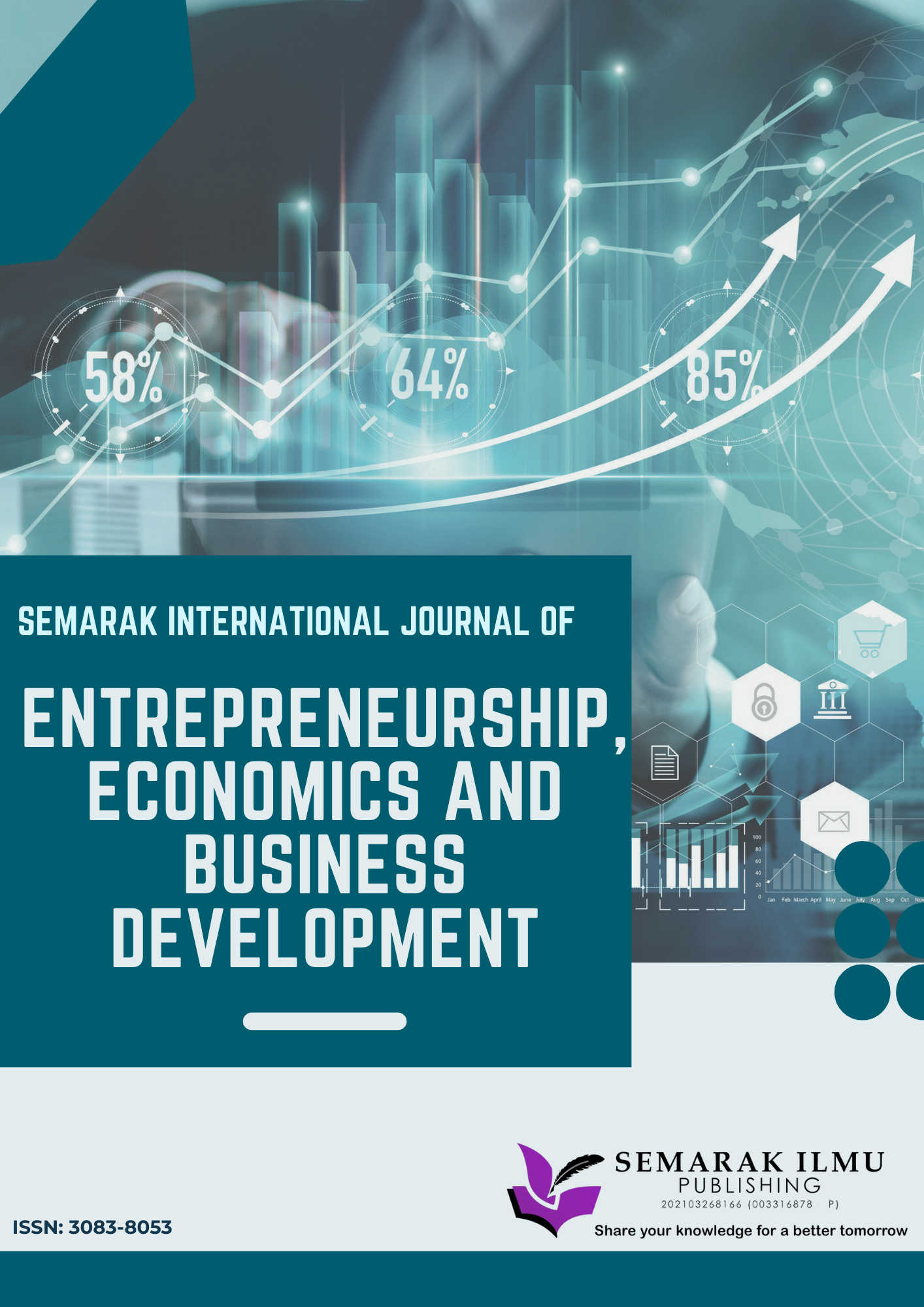Entrepreneurship Education in Early Childhood through Play-Based Entrepreneurial Learning: Teachers’ Perceptions Insights from Sabah
Keywords:
Entrepreneurship education, entrepreneurship, early childhood educationAbstract
In Malaysia, the promotion of entrepreneurship is strategically embedded within national policy frameworks, including the Malaysia Education Blueprint (2013–2025), Transformasi Nasional 2050 (TN50), and Dasar Keusahawanan Negara 2030 (DKN 2030). These policies emphasize the development of 21st-century competencies such as creativity, critical thinking, collaboration, and innovation from an early age, thereby positioning early childhood education (ECE) as a critical foundation for developing entrepreneurial mindsets. Prior to integrating entrepreneurship modules, a pilot study and focus group discussion to assess teachers' perceptions of entrepreneurship education in early childhood settings. The absence of systematic training in entrepreneurship for preschool teachers, coupled with a scarcity of pedagogical resources and teaching materials, significantly hinders the effective implementation of entrepreneurship modules. This study aims to examine the level of ECE teachers’ perceptions regarding the integration of entrepreneurship education via play-based learning and, second, to identify which types of play-based activities most effectively foster entrepreneurial competencies in young children. A purposive sampling method was employed. A pilot study involving 30 respondents from a focus group discussion was conducted to validate the clarity, reliability, and suitability of the research questionnaire. Findings from the pilot study indicate that teaching entrepreneurship education in preschools is a viable strategy for future-proofing young learners as it aiming for transformation nation 2050 framework. Play-based entrepreneurial learning provides practical experiences that develop critical thinking, enhance entrepreneurial skills, financial literacy, values, confidence in teaching, collaboration, and creativity. These results affirm the potential of play-based learning as an effective medium for introducing foundational entrepreneurial skills, highlighting the need for targeted teacher professional development and resource provision to fully realize this potential within national policy objectives. Establishing collaborative partnerships between universities and preschools is crucial. This partnership facilitates a Knowledge Transfer Program (KTP) that embodies sustainable development goals such as SDG 17 principle of fostering multi-stakeholder partnerships. By merging academic expertise in entrepreneurship with the practical experience of early childhood educators, the KTP co-creates tailored entrepreneurship modules for play-based learning, ensuring that knowledge is not only transferred but also contextually applied in teaching, where it aligned with SDG 4 education.










